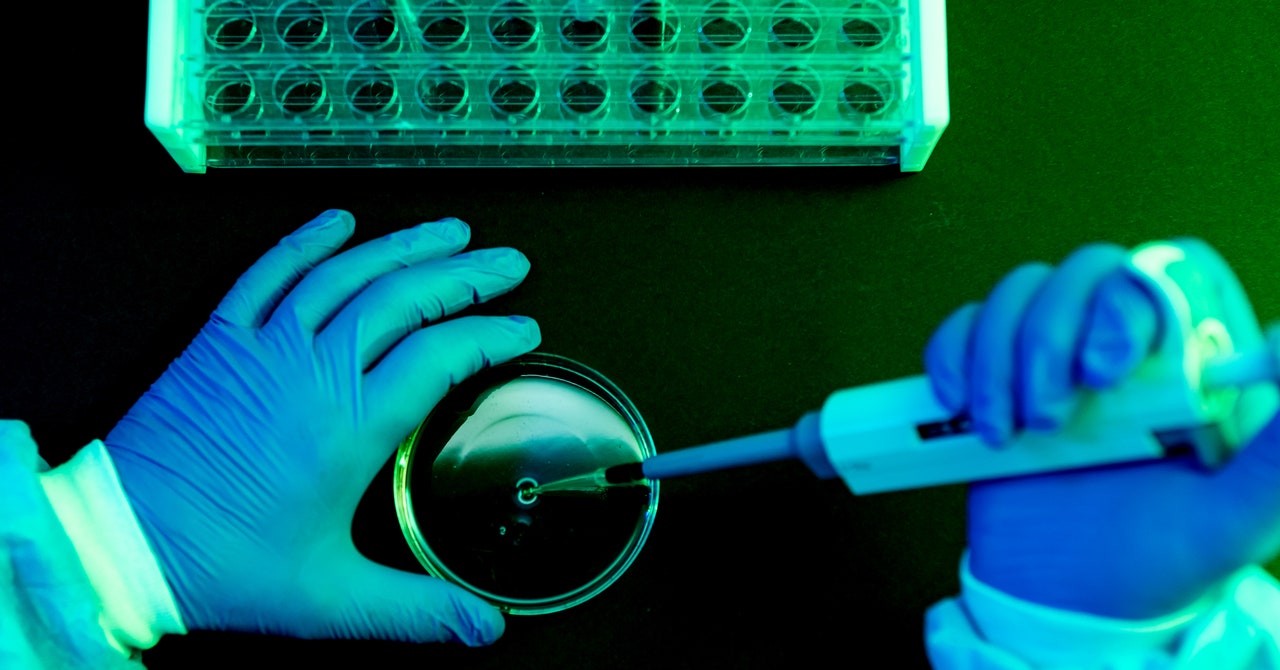Physical Address
304 North Cardinal St.
Dorchester Center, MA 02124
Physical Address
304 North Cardinal St.
Dorchester Center, MA 02124

Science, in its nature, cooperative. Many federations and alliances within the scientific fields across borders and linguistic barriers. Some laboratories may be able to find additional funding from alternative sources such as the European Union. But it is unlikely to be connected to the continued withdrawal of the financing of the National Institutes of Health by support abroad. Big Pharma is unlikely to aspire to its endless money, according to WIRED sources.
“This cannot be delivered to pharmaceutical companies or biotechnology, because they are not interested in pre -clinical things like much of the work we are discussing here,” says anonymous genetics professor. Fear of revenge. “Basically, there is a full group of university scientists who are working hard to try to discover some of the basic things that ultimately become something that the drug company can decrease $ 100 million.”
Millions of dollars granted for highly transferred laboratories are used to finance graduate students, laboratory technologies, and analysts. If the main investigator in the research team does not succeed in obtaining a grant through the process that Keusch describes, the laboratory is often closed, and these team members lose their jobs.
One of the potential effects of losing the financing of the National Institutes of Health, even if it is only temporary, is the depletion of a collective local brain. “Many of these people will come out to find something else they do,” says Professor of Genetics. “These are the jobs similar to anything else – we cannot pay people for a month. How will the food services industry be, for example, or grocery stores, if they don’t pay someone for a month? They will leave their workers, and only a lot of people can employ many people.”
I heard WIRED again and again, from scientists who are very afraid of their teams and their functions in the registry, it will not take a long time until it can influence reaching the general population. With the loss of research financing comes the closure of hospitals and universities. And the gains in medical progress are likely to stumble.
The conditions studied with NIH financing are not only rare diseases that affect 1 or 2 percent of the population. They are problems such as cancer, diabetes and Alzheimer’s – issues that affect your grandmother and friends and many people who will one day fall out of ideal health. Thanks to this research system, and scientists who work inside it, doctors know how to save a person from a heart attack, regulate diabetes, low cholesterol, and reduce the risk of stroke. This is how the world knows that smoking is not a good idea. “All this is the knowledge that the scientists funded by the National Institutes of Health have been born, and if you throw this big key, everything will be disrupted at all.”
While some hope that the freeze of financing for the academic circles will end on February 1, when stopping communications and therefore is scheduled to raise reviews, the individuals who spoke with them are largely skeptical that the work will simply resume as before.